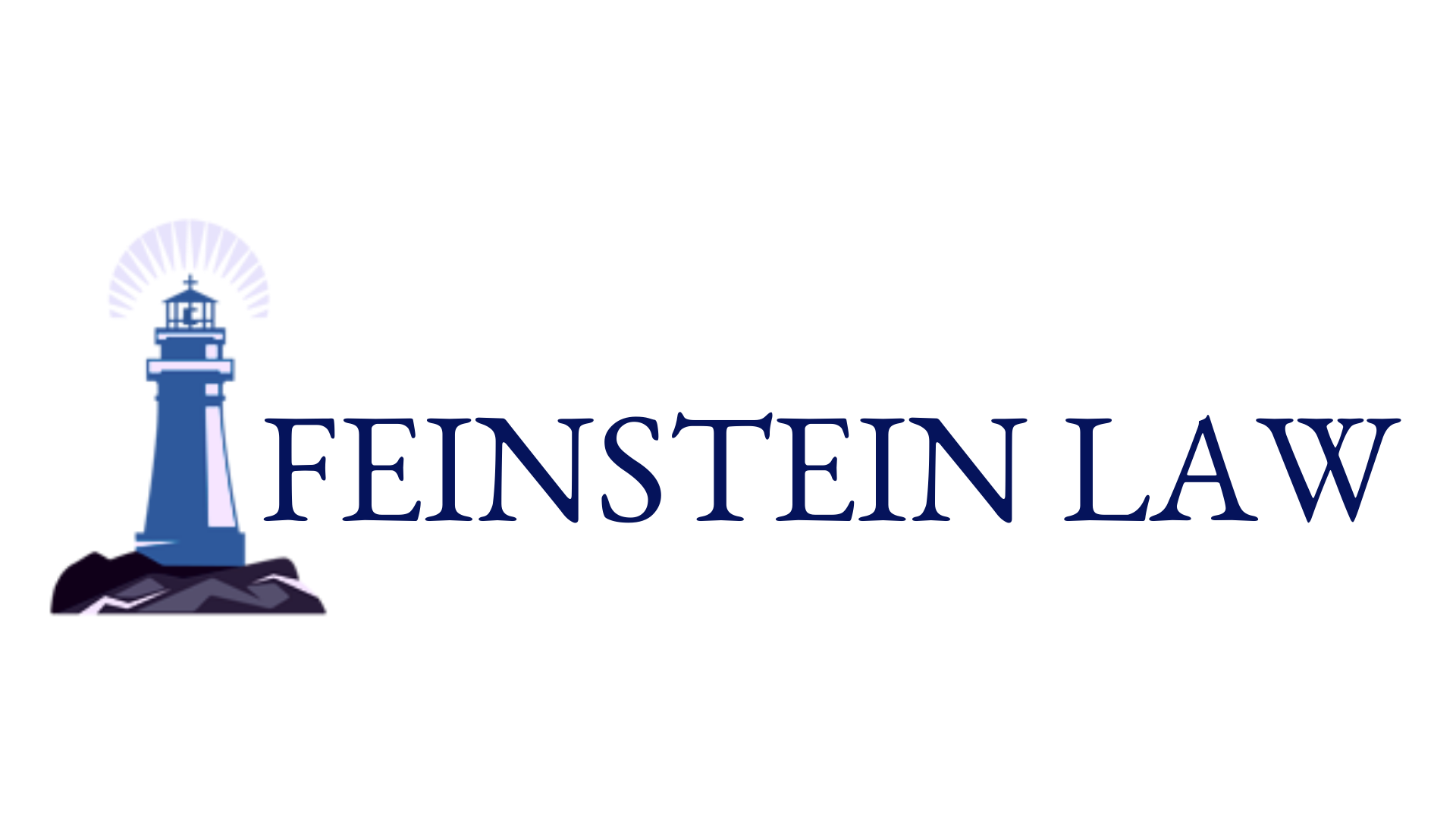In September of 2013, the U.S. Securities and Exchange Commission (“SEC”) charged the founder and CEO of a religious-themed video game manufacturer, Left Behind Games, Inc. (“LBG”), Troy Lyndon of Honolulu and his friend and purported consultant, Ronald Zaucha of Maui and Orange County, California, with scheming to falsely inflate the LBG’s revenue by nearly 1,300 percent in a one-year period that ended March 31, 2011.
According to the original SEC complaint, LBG was founded in 2001 and hailed itself as “the only publicly-traded exclusive publisher of Christian modern media” and “the world leader in the publication of Christian video games and a Christian social network provider.” However, there was no redeemer for the company and in 2011 after significant financial troubles, LBG terminated all of its employees and closed its office.
The SEC alleges that Lyndon and Zaucha concocted their scheme to falsely inflate LBG’s revenue in the beginning in 2009 in an apparent last-ditch fraudulent effort to save the company. LBG at the time was unprofitable and severely undercapitalized. LBG issued stock to Zaucha for his so-called consulting services, and at Lyndon’s direction Zaucha promptly sold nearly all of his stock for approximately $4.6 million in proceeds. Zaucha then kicked back approximately $3.3 million of these ill-received proceeds to the LBG in three deceiving ways. The SEC alleges that Zaucha first paid LBG $871,000 between September 2009 and June 2010 for what his consulting agreement termed as “early-sell fees” for Zaucha excessive sale of stock. The second occurred in December 2010, when Zaucha formed a company called Lighthouse Distributors and used the proceeds of his stock sales to finance the purchase of approximately $1.38 million in old and obsolete inventory from Left Behind Games. Lighthouse simply gave most of these products away to churches and religious organizations but LBG improperly recognized the revenue from these sham transactions and falsely claimed that its revenue had increased nearly 1,300 percent from the prior fiscal year. The final illicit transaction allegedly occurred when Zaucha kicked back another $1 million to Left Behind Games as instructed by founder and CEO, Lyndon. Meanwhile, Lyndon allowed Zaucha to retain $1.28 million of his stock sale proceeds for personal uses and Zaucha allegedly used these proceeds to purchase of condominiums in Maui and Orange County, California.
According to the SEC’s complaint, Zaucha performed few, if any; consulting services for LBG and all of the consulting agreements was vague about the services that Zaucha would provide to LBG for such a substantial amount of shares of the company. Per the SEC, one agreement noted that Zaucha had experience in marketing related to non-profit corporations but Lyndon understood Zaucha’s experience to be as a pastor running prison ministries rather than in marketing related to non-profit corporations. Additional agreements vaguely stated that Zaucha would perform services to build an “independent rep network” to contact church pastors in an effort to offer Left Behind Games products but, in reality, LBG had no “network” of independent representatives calling potential purchasers of its products; especially one created by Zaucha.
As a result of the SEC complaint, LBG’s stock was suspended and the registration of LBG’s stock was revoked by the SEC on February 24, 2014.
On August 21, 2014, the district court for the District of Hawaii entered a final judgment against former founder and CEO of LBG, Troy Lyndon, holding him liable for over $3.6 million in disgorgement, interest and penalties after granting the SEC’s motion for summary judgment as to monetary relief. Lyndon had previously consented to entry of a permanent injunction prohibiting future violations of the antifraud, securities registration, issuer reporting, books and records, internal controls, lying to auditors and false certification provisions of the federal securities laws; an order permanently barring him from acting as an officer or director of a public company; and an order permanently prohibiting him from participating in any offering of penny stock, without admitting or denying the SEC’s allegations.
On January 22, 2015, the district court for the District of Hawaii entered a final judgment against former and purported consultant for LBG, Ronald Zaucha, holding him liable for over $2.6 million in disgorgement, interest and penalties after granting the SEC’s motion for summary judgment. Zaucha was also permanently enjoined from violating the antifraud and securities registration provisions of the federal securities laws, and permanently prohibited from participating in any offering of penny stock.
If you invested in LBG and suffered a loss because securities law violations above, please contact our office immediately at (619) 990-7491.
This securities law blog post about LBG is provided as a general informational service to clients and friends of Feinstein Law, PA and should not be construed as, and does not constitute, legal and compliance advice on any specific matter, nor does this message create an attorney-client relationship. For more information concerning the rules and regulations affecting the going public direct transactions and direct public offerings please contact Feinstein Law, PA at (619) 990-7491 or by email at Todd@Feinsteinlawfirm.com or JDunsmoor@Feinsteinlawfirm.com. Please note that the prior results discussed herein do not guarantee similar outcomes.

